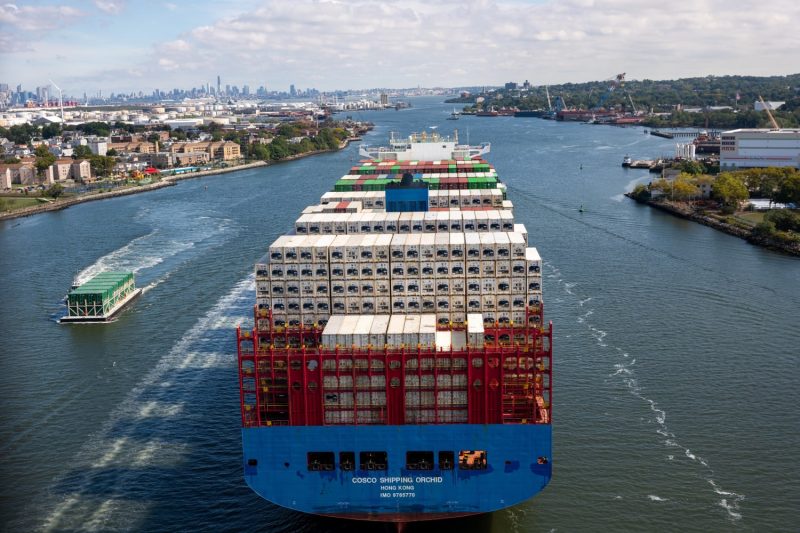The recent shutdown of East and Gulf Coast ports due to a massive strike staged by thousands of workers has sent ripples through the maritime industry, disrupting supply chains and causing significant economic implications. This unanticipated labor action has put a spotlight on the challenges faced by port workers and the fragility of the global logistics network.
Reasons for the Strike
The strike was triggered by a series of grievances and demands put forth by the workers, including concerns over workplace safety, inadequate wages, and unsustainable working conditions. Many of the workers have voiced their frustrations over the lack of job security and the increasing pressures to meet rising productivity targets without corresponding benefits. The failure of negotiations between the labor union and port authorities over these issues led to the escalation of tensions and the eventual declaration of a widespread strike.
Impacts on Supply Chains
The abrupt shutdown of major ports along the East and Gulf Coasts has had far-reaching consequences on supply chains, disrupting the timely delivery of goods and raw materials to various industries. Manufacturers, retailers, and distributors are grappling with delays in shipments, inventory shortages, and increased costs as a result of the labor strike. The unavailability of essential goods and components has led to a domino effect, affecting production schedules, sales forecasts, and overall business operations.
Economic Fallout
The economic fallout from the port shutdown is significant, with losses mounting as each day passes without a resolution to the labor dispute. The disruption of maritime trade has impacted not only the domestic economy but also global trade flows, as the affected ports are key nodes in international supply chains. Businesses that rely on the timely movement of goods through these ports are facing financial losses, while consumers may experience shortages and price increases for various products.
Resolution Efforts
Efforts to resolve the labor strike and reopen the affected ports have been underway, with negotiations between the workers’ union, port authorities, and other stakeholders ongoing. Both sides are under pressure to find a mutually acceptable solution that addresses the workers’ grievances while ensuring the smooth operation of the ports and the resumption of trade activities. The resolution of the labor dispute is crucial to mitigate the adverse impacts on businesses, workers, and the economy at large.
Looking Forward
As the labor strike at East and Gulf Coast ports continues to unfold, stakeholders in the maritime industry and beyond are closely monitoring the situation and its ramifications. The strike serves as a stark reminder of the importance of labor relations, workplace conditions, and the resilience of supply chains in today’s interconnected world. Finding a sustainable solution that balances the interests of workers, businesses, and the broader economy is essential to prevent such disruptions in the future and ensure the smooth functioning of critical infrastructure.
